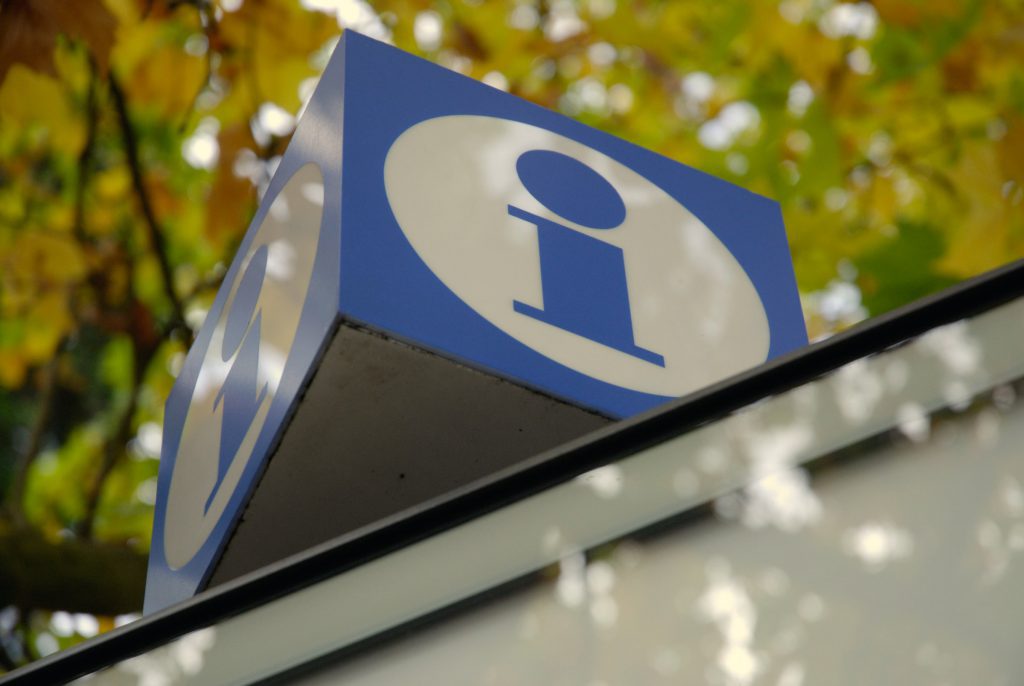In a hyper-competitive market with seemingly endless choices, customer experience is a critical differentiator. Every single interaction a customer has with your brand might be a make or break moment — no pressure! While we all know about the importance of managing a carefully balanced customer journey, keeping your customers on track can seem more like a tightrope act.
With such high stakes, you can’t afford to ignore customer service. Capterra highlights empathy, creating a positive experience, product knowledge, and an ownership mindset as key skills your team needs to successfully engage with customers and build loyalty.
Overall, communication is incredibly important with any customer experience interaction (and I’m not saying that just to justify my Communication Studies degree). In a customer service interaction, everyone is searching for solutions. The customer is trying to search for a resolution to their issue, and the customer service representative is trying to deliver the answers.
These can definitely be stressful situations, but let’s take a closer look at how the right communication can make a significant difference in many customer service interactions.

End to a Rough Day
The customer has been calling every department to try and find a resolution to their inquiry/issue. They get transferred and transferred until they end up connecting to you. They are more than likely not going to be too friendly about trying to get their issue resolved, and they might let you know exactly how upset they are. Of course, this isn’t a customer service representative’s fault. It’s easy to take this kind of situation personally and get offended by a negative attitude from a frustrated customer. After all, empathy means really understanding how the other person feels — and we’ve all been there.
In this situation, though, it’s time to acknowledge their experience and really show that you mean to end their frustration. Sometimes people just need to vent, and at that point all you should do is listen.
Once the venting is over, show that you understand why they’re frustrated and sorry that they’ve had so much trouble getting help. Active listening skills (“I hear you saying…”) can make a difference, and even nonverbal communication (nodding, calm expression) can help to settle the situation.
“I Know a Person…”
Not having the knowledge or ability to help a customer in need is challenging – but it doesn’t mean that you can just brush the person off! The worst thing you can say in this sitation is:
“Sorry, I can’t help you. Have a nice day.”
That kind of pushback will rightfully infuriate anybody, especially a customer who needs help your product/service. Instead, try saying:
“I don’t know the answer to that, but I’m going to get someone in my department who does. Could you please wait a minute while I reach out to them?”
This approach is clearly preferable to the customer, and it offers you the chance to be of service — and maybe even grow your own skills. Here, you’re showing that you aren’t wasting their time with a made-up answer. Plus, this shows that you can be honest when something is outside of your expertise and you know when you need backup. Last but not least, it shows the customer that you care and really want to provide them the answer they are searching for. Even if a customer needs help with something outside of a direct customer service inquiry, it never hurts to help if you can make a difference!
But what if no one else can help you answer their inquiry?
No answers? What to do next…
You don’t know the answer and you can’t find anyone else that does…. this makes things a bit more difficult. What now? Well, this largely depends on the infrastructure within your organization. Maybe you have a dedicated support team you can connect tihs person to directly, or maybe you need time to figure out the information yourself. In the latter case, communicate to your customer that you need time to find the answer and that you’ll reach back out to them as soon as you find out more.
This situation is harder to give advice on because it really depends on how your organization operates. Even so, honesty is the best policy. Speed is great, but there’s nothing worse than giving inaccurate information or wrong answers. Set clear expectations with your customer regarding when and how you’ll follow up. Will it be an email in an hour? A phone call tomorrow? Even if you’re just checking in, a status check is better than no news at all. If customers feel brushed off, they’ll end up right back where they started — but with much less patience the next time around. Take the time you need and communicate clearly along the way.

Communication can turn things around — or upside down
If you communicate honestly and carefully you can turn even some of the worst customer experiences into incredible ones. Not all the time, because sometimes no matter how much you do to help customers, they won’t be pleased with the customer service experience. You can’t please everyone (which is a lesson I often have trouble with), so just bring your best and you’ll do great!
Even though we’ve focused here primarily on more dynamic interactions, remember that your more static resources (User Guide, Video Library, etc.) can offer significant value for your customers. Some customers learn better in different modes, and providing content that aligns with their preferred communication style can make a huge difference. Plus, sharing resources that have been peer reviewed by your colleagues decreases the margin of error for inaccuracy or for customer confusion.
Conclusion
You may have many years of customer experience under your belt, or maybe you just started working in customer experience. You may be reading this as an employer, ready to train up your team, even as you’re reflecting on your own experience as a customer. No matter your experience or perspective, it’s always a good practice to review customer experience skills and ensure everyone walks away from each customer experience interaction as satisfied as possible. You can’t guarantee success every time, but building your communication skill set can make a huge difference.






